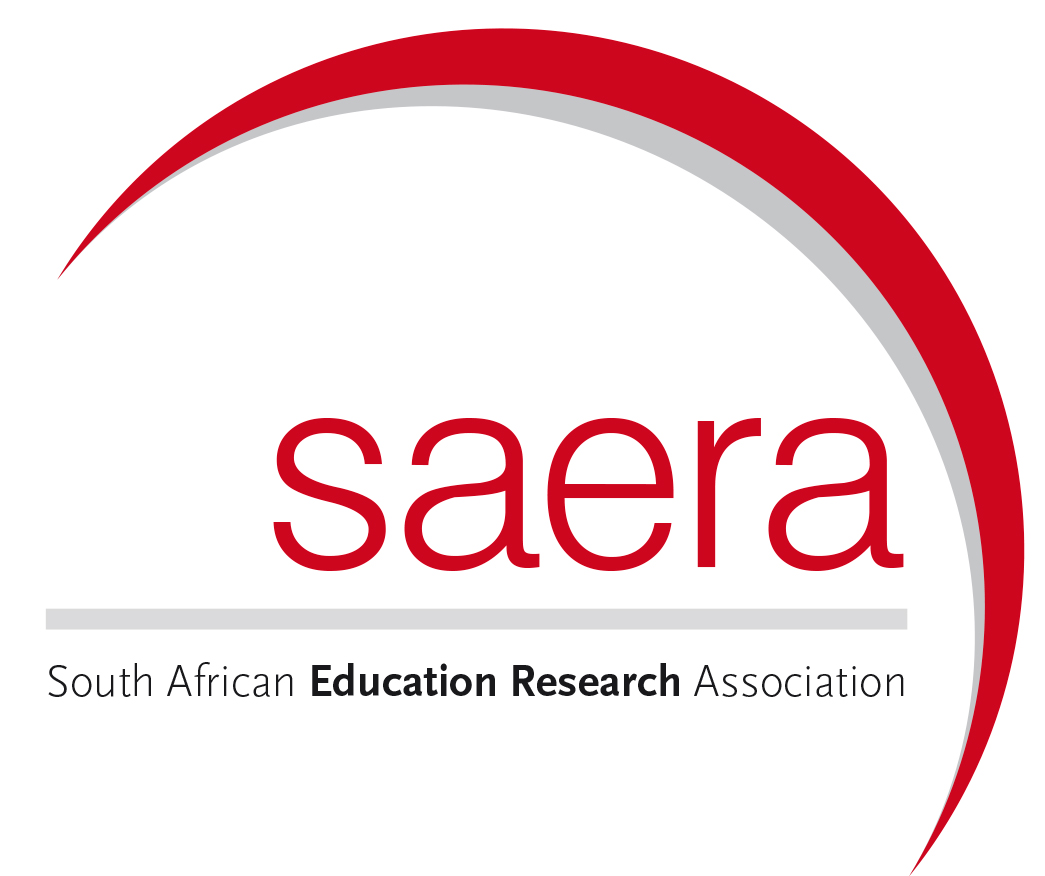Original Research
The politics of knowledge in South African universities: Students’ perspectives
Submitted: 17 October 2022 | Published: 27 February 2023
About the author(s)
Corinne R. Knowles, Extended Studies Unit, CHERTL, Faculty of Education, Rhodes University, Makhanda, South AfricaNomphumelelo Q. Babeli, Department of Political and International Studies, Faculty of Humanities, Rhodes University, Makhanda, South Africa
Athabile Ntlokwana, Department of Political and International Studies, Faculty of Humanities, Rhodes University, Makhanda, South Africa
Zhikona Q. Ntombolwana, Department of African Languages, Faculty of Humanities, Rhodes University, Makhanda, South Africa
Zinathi Z. Sobuza, Department of Economics and Economic History, Faculty of Commerce, Rhodes University, Makhanda, South Africa
Abstract
Knowledge-making in South African universities is set up and framed in particular ways, with a Euro-centric bias. We argue that many of the contributions that African first year entering students could make to this process of knowledge-making are dis-abled, leading to alienation. In this article, we argue for a different perspective and approach to teaching and learning in the humanities. Former Extended Studies students from a South African university have worked collaboratively in a knowledge-making project, and using data generated from this, suggest different kinds of environments and strategies for more inclusive teaching and learning. Using an African feminist theoretical and methodological lens, we consider alternative ways of knowing, and recognition that supports powerful senses of belonging and agency, using examples from student experiences of an Extended Studies humanities programme. We contrast this with how humanities programmes are experienced by some first-year students at the university, sometimes with tragic consequences. Finally, we recommend pedagogic, curricula and extra-curricular changes that can be made, to realise the possibilities of decolonised knowledge-making that is more relevant and inclusive. The authors believe that the ideas around decolonising knowledge that are explored here are more broadly applicable and necessary.
Contribution: The article contributes to the conversation on decolonising the humanities curriculum, by including students’ experiences, concerns, and suggestions.
Keywords
Sustainable Development Goal
Metrics
Total abstract views: 2908Total article views: 2193
